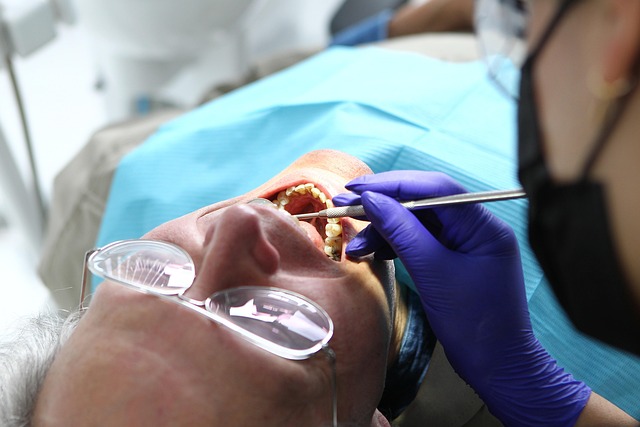It’s understandable after all, this procedure can significantly improve your smile and boost your confidence. If you’re considering Dental implants Islington, you may have a mix of excitement and apprehension. However, knowing what to expect in terms of pain and recovery is crucial for a smooth transition into this new chapter. Dental implants are more than just cosmetic enhancements; they serve as durable replacements for missing teeth. They mimic the look and function of natural teeth, allowing you to eat, speak, and smile with ease. But before you dive into the world of dental restoration, it’s essential to understand how the process works and what lies ahead during recovery.
Common Types of Dental Implants
Dental implants come in several types, each designed to address specific needs. The most common are endosteal implants. These are surgically placed into the jawbone and resemble small screws. They provide a sturdy foundation for crowns or bridges. Another popular option is subperiosteal implants, which sit just below the gum tissue but above the jawbone. This type is often chosen for patients who don’t have enough bone height for traditional implants. For those needing multiple teeth replaced, implant-supported dentures offer stability and comfort. These appliances anchor securely onto dental implants, allowing for easier chewing and speaking.

Process of Getting Dental Implants
The journey to getting dental implants begins with a thorough consultation. Your dentist will assess your oral health and discuss your specific needs. This initial meeting is crucial for determining if you’re a suitable candidate. Once approved, imaging scans are taken to create a detailed map of your mouth. This helps in planning the placement of the implants accurately. The next step typically involves surgery, where titanium posts are inserted into the jawbone. This procedure may sound intimidating, but it’s usually performed under local anesthesia or sedation for comfort.
Pain Management During Recovery
Recovery from dental implant surgery often involves some discomfort. Understanding how to manage this pain is key to a smoother healing process. Your dentist may prescribe pain relievers or recommend over-the-counter medications. It’s essential to follow their advice on dosage and scheduling for optimal relief. Cold compresses can be your best friend during the first few days. Applying ice packs to the outside of your cheek helps reduce swelling and numbs the area, easing discomfort significantly. Stay hydrated but avoid hot beverages right after surgery. Cool drinks can soothe your mouth while you heal, minimizing irritation around the implants.
Proper Aftercare for Successful Healing
After getting dental implants, proper aftercare is essential for a smooth recovery. Start by following your dentist’s instructions carefully. This includes medication guidelines and any prescribed oral hygiene practices. Keep the surgical site clean but be gentle. Rinsing with warm salt water can aid in healing without irritating. Avoid brushing directly over the implant area for the first few days to prevent discomfort. Diet plays a crucial role too. Stick to soft foods like yogurt, smoothies, and mashed potatoes during the initial healing phase. Stay hydrated but avoid hot beverages that could irritate your gums. Pay attention to any unusual symptoms such as prolonged swelling or pain beyond what was expected. If something feels off, don’t hesitate to contact your dentist for advice or reassurance on your recovery journey.

Risks and Complications to Watch Out For
While dental implants are a popular choice for tooth replacement, there are some risks to consider. Infection at the implant site is one of the most common complications. This can cause discomfort and delay healing. Another potential issue is nerve damage. If an implant is placed too close to nerves, it may lead to numbness or tingling in the lips, chin, or gums. It’s a rare occurrence but worth discussing with your dentist. Sinus problems can also arise if upper jaw implants protrude into sinus cavities. Patients should be aware of this risk, especially those who have experienced sinus issues previously.
Long-Term Benefits of Dental Implants
Dental implants offer significant long-term benefits that go beyond just aesthetics. They restore functionality, allowing you to enjoy your favorite foods without discomfort. One major advantage is bone preservation. Unlike dentures, which can lead to bone loss over time, implants stimulate the jawbone and promote healthy growth. This helps maintain facial structure and prevents a sunken appearance. Furthermore, dental implants are designed for durability. With proper care, they can last many years or even a lifetime making them a wise investment in oral health.
In Conclusion
Dental implants can significantly improve your quality of life. Many patients experience a transformation in their self-esteem and overall happiness after the procedure. While some discomfort may arise during recovery, effective pain management techniques make the healing process manageable. Proper aftercare is crucial for optimal results. Following your dentist’s instructions will help ensure that your implants integrate well with your jawbone. Staying aware of potential risks and complications allows you to address any issues promptly.
